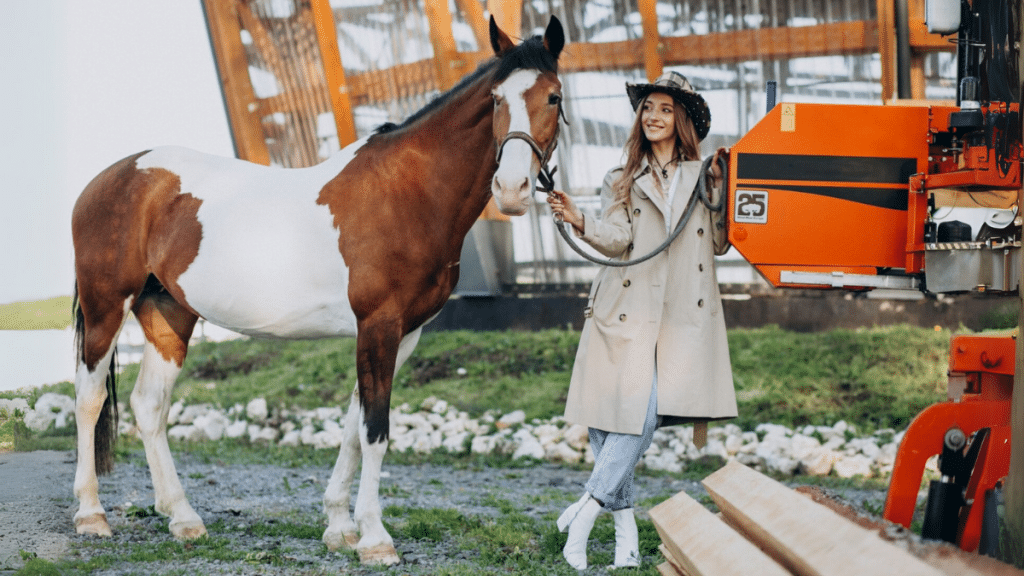Choosing the right horse farm is a crucial decision for any equestrian enthusiast, whether for personal enjoyment or business purposes.
Known as the “Horse Capital of the World,” Ocala offers a unique blend of lush landscapes, rich equestrian culture, and top-tier facilities for horse lovers. This region attracts equestrians from around the globe, making it an ideal location to explore.
This guide will help you navigate the complexities of selecting an ideal property among the horse farms in Ocala, FL, ensuring it meets both your needs and those of your horses.
Understanding Your Needs
Before embarking on the property search, it’s crucial to clarify your goals. Are you looking for a place to house your horses, conduct riding lessons, or establish a boarding facility? This understanding is not just a step but a cornerstone of the process, as it influences various factors such as location, size, and amenities required.
Key Considerations
Interaction with horses has been shown to lower stress levels. A study indicated that being in the presence of horses can lead to physiological changes that promote calmness, as measured by heart rate variability (HRV) metrics.
Here are some important considerations to keep in mind.
- Acreage Requirements: A common guideline is to allocate two acres for the first horse and one additional acre for each subsequent horse. This ensures adequate grazing and space for necessary structures like barns.
- Land Quality: Not all land is suitable for horses. Opt for properties with well-draining soil and avoid rugged paths or steep slopes that can be hazardous. The land should also have sufficient greenery free from toxic weeds.
- Water Supply: Horses require a substantial amount of water, between 5 and 10 gallons per day per horse. Ensure that the property has reliable water sources, as this is critical for their health.
- Accessibility: The farm’s location should be easily accessible from your home or major roads. This is particularly important if you plan to run a business or frequently transport horses.
Evaluating Farm Features
Once you have a clear understanding of your needs, focus on specific features of potential farms:
Biosecurity Measures
The density of horses on a farm can significantly impact biosecurity. Farms with fewer horses allow for better spacing and reduced risk of disease transmission. If your horses will be in close proximity to others, it’s your responsibility to ensure that the farm has robust biosecurity protocols in place.
Amenities
You can check the existing facilities, such as storage spaces, barns, and arenas. A horse’s stall should be 100 square feet, but larger breeds need more space. Consider whether there are special places to store medical supplies and tack.
Climate
The local climate affects your horses’ comfort and health. In hotter temperatures, make sure barns have covered areas and enough airflow. In colder climates, on the other hand, look for heated structures that provide shelter from bad weather.
Financial Considerations
Not only is budgeting important, but it’s also essential when purchasing a horse farm. Possible renovation costs and ongoing maintenance expenses are other considerations. You’ll stay aware and ready if you research local real estate markets to comprehend availability and pricing patterns.
Key Takeaway
A number of variables need to be carefully considered while choosing a horse farm, such as area, land quality, accessibility, and facilities. You can get a home that not only suits your needs but also improves your equestrian experience by establishing clear objectives and carrying out in-depth studies. Remember that this investment is about more than just land; it’s about giving your horses a safe, nurturing environment in which to thrive.
